What’s up with Ascension Thursday?
Have you ever wondered why we celebrate the Ascension of Jesus?
Making a big deal out of feast days like Christmas and Easter or maybe even Pentecost makes sense to most Christians, but it seems odd to celebrate the day when Jesus (quite literally, it seems) took off and left us behind. It could seem doubly odd given that we here in the Archdiocese of Omaha are among the few Catholic communities in the U.S. to celebrate the Ascension on Thursday (exactly 40 days after Easter) instead of on the following Sunday.
The key to this celebration—and the reason the Church requires her members to attend Mass this day—is the fact that it points out a paradox: Jesus ascended, was taken out of the sight of the apostles, and yet He still remains present with His Church. By marking this a holy day, the Church teaches us that Christ definitively has not left us orphans. Not only does He send the Holy Spirit upon the apostles at Pentecost and upon us in Baptism and Confirmation, He continues to communicate His presence to men and women in every era and in radically different cultures and circumstances through His body, the Church.
The eleven disciples went to Galilee,
to the mountain to which Jesus had ordered them.
When they saw him, they worshiped, but they doubted.
Then Jesus approached and said to them,
“All power in heaven and on earth has been given to me.
Go, therefore, and make disciples of all nations,
baptizing them in the name of the Father,
and of the Son, and of the Holy Spirit,
teaching them to observe all that I have commanded you.
And behold, I am with you always, until the end of the age.”MT 28:16-20
Regarding the question of ‘obligation’
Here’s another paradox. While the requirement to attend Mass can seem like an arbitrarily-imposed inconvenience, the Church’s teaching on this obligation is all about freedom. That is to say, in the words of the Catechism of the Catholic Church, Catholics are required to enjoy rest and leisure on holy days.
Here is the relevant passage:
A day of grace and rest from work
2184 Just as God “rested on the seventh day from all his work which he had done,” human life has a rhythm of work and rest. The institution of the Lord’s Day helps everyone enjoy adequate rest and leisure to cultivate their familial, cultural, social, and religious lives.
2185 On Sundays and other holy days of obligation, the faithful are to refrain from engaging in work or activities that hinder the worship owed to God, the joy proper to the Lord’s Day, the performance of the works of mercy, and the appropriate relaxation of mind and body. Family needs or important social service can legitimately excuse from the obligation of Sunday rest. The faithful should see to it that legitimate excuses do not lead to habits prejudicial to religion, family life, and health.
The charity of truth seeks holy leisure- the necessity of charity accepts just work.
2186 Those Christians who have leisure should be mindful of their brethren who have the same needs and the same rights, yet cannot rest from work because of poverty and misery. Sunday is traditionally consecrated by Christian piety to good works and humble service of the sick, the infirm, and the elderly. Christians will also sanctify Sunday by devoting time and care to their families and relatives, often difficult to do on other days of the week. Sunday is a time for reflection, silence, cultivation of the mind, and meditation which furthers the growth of the Christian interior life.
2187 Sanctifying Sundays and holy days requires a common effort. Every Christian should avoid making unnecessary demands on others that would hinder them from observing the Lord’s Day. Traditional activities (sport, restaurants, etc.), and social necessities (public services, etc.), require some people to work on Sundays, but everyone should still take care to set aside sufficient time for leisure. With temperance and charity the faithful will see to it that they avoid the excesses and violence sometimes associated with popular leisure activities. In spite of economic constraints, public authorities should ensure citizens a time intended for rest and divine worship. Employers have a similar obligation toward their employees.
If you’re looking for Mass times, you can
find a parish here.

